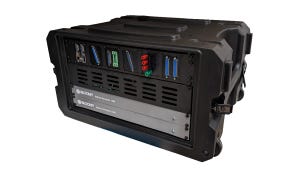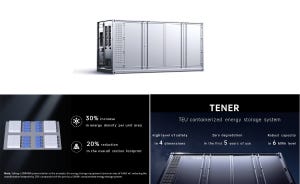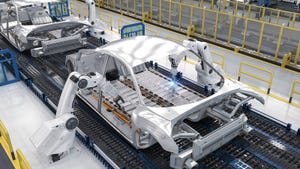Embracing clean energy at home or on the road has simply been out of the price range of many. Two new programs will bring new home and EV electrification options to underserved communities.
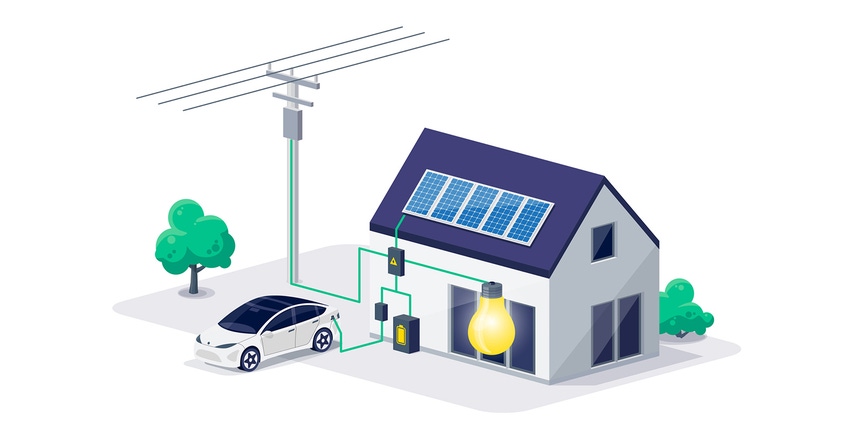
Access to reliable and affordable electricity is essential for modern life, but many underserved communities in the US lack this basic necessity. However, advancements in renewable energy technology like EV charging and solar panels can provide an opportunity to bridge this gap.
By gaining access to these technologies, underserved communities can reduce their dependence on traditional energy sources, lower their carbon footprint, and create more resilient and self-sufficient communities. Here are two promising efforts that will address the challenges of the lack of EV charging stations and energy-efficient housing for underserved communities:
Toyota 'Empact' vision for underserved communities
Toyota Motor North America, Inc. announced ”Empact,” a new vision to aid the transition of underserved communities to a future of electrified mobility. Empact is based on the combination of ”environmental impact,” focusing on the company's movements towards carbon neutrality, and "empowering action," representing Toyota’s efforts to design a more equitable and inclusive deployment strategy within underserved communities. According to a Toyota news release, the strategy centers on three fundamental areas: access to charging, providing affordable mobility solutions, and reducing carbon emissions.
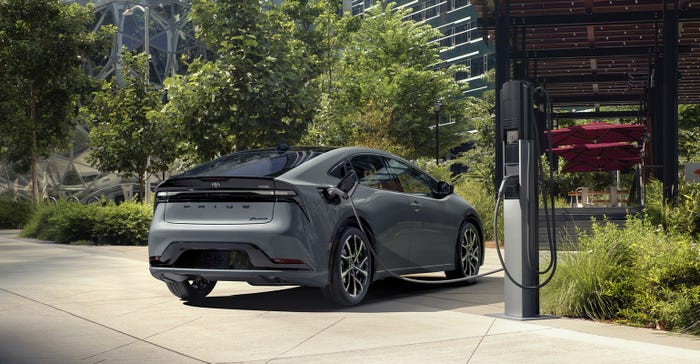
”Our vision will be our guide as we work with local and state officials to identify communities where Empact might help address issues related to EV charging access and affordability,” stated Christopher Reynolds, executive vice president, and chief administrative officer, Corporate Resources, Toyota Motor North America. ”Providing EV charging solutions will empower consumers to make decisions that will not only positively impact the environment but accelerate the adoption of electrified vehicles as well.”
To address access to charging, Toyota will work with partners and cities to identify ideal locations for charging station deployment to serve customers more efficiently. Initially, targeted locations will include places without off-street or private parking, including areas of higher population density in multi-family housing.
For affordability, Toyota will explore how to enable more cost-effective public charging for greater adoption of battery electric vehicles. According to Toyota, DC fast charging can be up to nearly three times more expensive than home charging, which disproportionately burdens those who rely on public charging.
The third area Toyota will focus on is reducing emissions associated with vehicle charging, helping to improve air quality for all citizens, but especially those in underserved communities who often face a disproportionate share of the burden. The company has already started working with WattTime. This nonprofit organization recommends times to charge a battery and plug-in hybrid electric vehicles when charging from the grid is forecasted to have lower carbon emissions or is likely to have a lower potential health impact over the long term to people who live near power plants. Toyota's Clean Assist opt-in program also allows US customers with an active Remote Connect trial or subscription and a Toyota or Lexus BEV or Toyota or Lexus PHEV in California to get 100 percent of their charge matched with renewable electricity.
Toyota will advance the implementation of its Empact vision on a per-project basis, with the first programs being announced later this year.
SunPower helps electrify homes for Habitat for Humanity
Meanwhile, SunPower, a solar technology and energy services provider, announced it is enabling Habitat for Humanity of Greater Sacramento's affordable housing community, Cornerstone, to run on renewable energy. With a donation of high-quality panels and a supporting grant, SunPower is empowering Habitat for Humanity to create the first-of-its-kind, all-electric, solar-powered affordable housing community in Sacramento, serving low-income families in partnership with Mutual Housing of California.
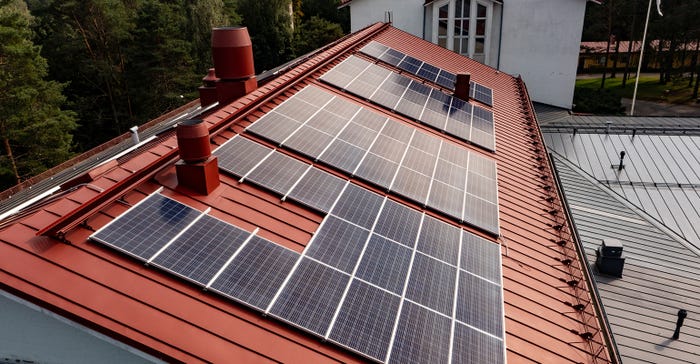
The 140 donated panels will help offset the energy costs of 13 homes in the community and are expected to provide an estimated annual savings of about $1,500 for each homeowner, according to a SunPower news release. SunPower's donation will be combined with a monetary grant from SunPower Foundation to further support the design, permitting, and installation at Cornerstone, distributed through Good Sun. This effort illustrates the company's commitment to providing more homeowners access to affordable rooftop solar, regardless of income.
”One of the many benefits of solar is its ability to provide long-term financial relief to families struggling with high and unpredictable energy costs,” stated Peter Faricy, CEO at SunPower. ”Everyone deserves access to affordable, clean energy. Together with Habitat for Humanity, we are proud to have a meaningful impact on the lives of families in Sacramento.”
The Cornerstone community will consist of 18 single-family homes, each equipped with electric vehicle charging capabilities to provide homeowners with an ecosystem of energy solutions. As the cost of living and energy prices increase in California, Habitat for Humanity's efforts to electrify their homes can lower energy costs while helping to meet US climate goals.
”The climate is changing, and so must our homes and how we build them,” stated Leah Miller, CEO of Habitat for Humanity of Greater Sacramento. ”We strive to create homes that are durable, healthy, and sustainable. Thanks to SunPower and Good Sun, we can make a positive impact in the community we serve with low-cost, clean energy.”
In November, SunPower announced a coalition with KB Home, the University of California, Irvine (UCI), Schneider Electric, and Southern California Edison to create a blueprint for new home communities. to bring clean energy.
About the Author(s)
You May Also Like


